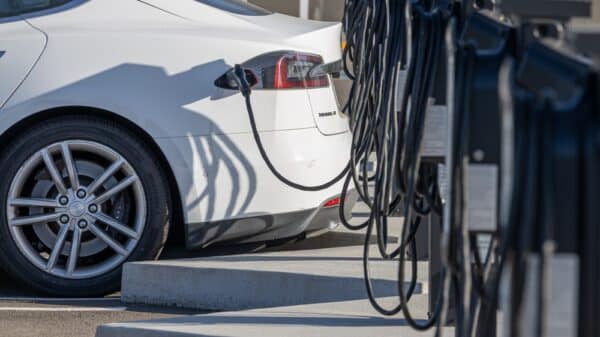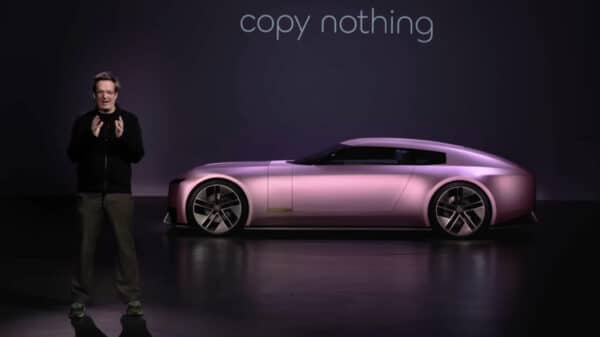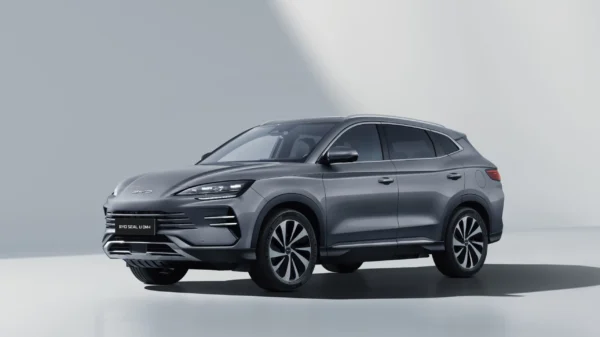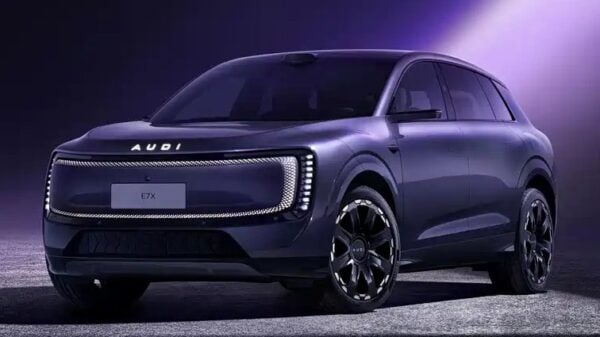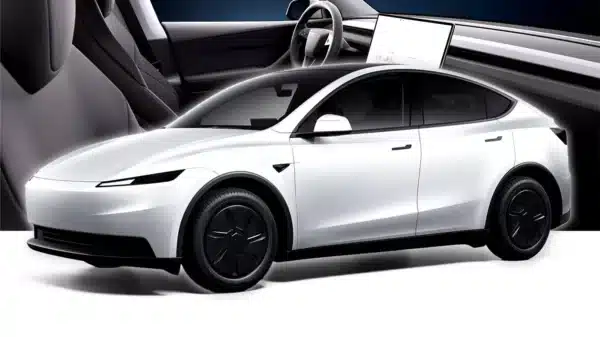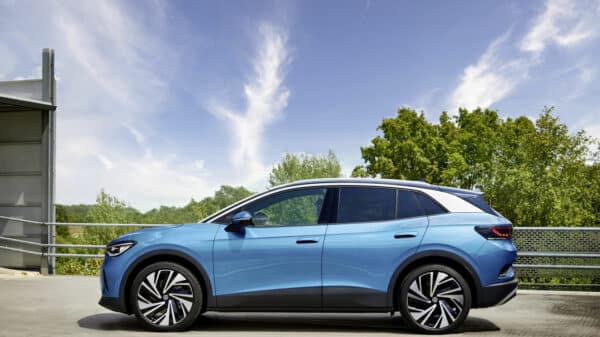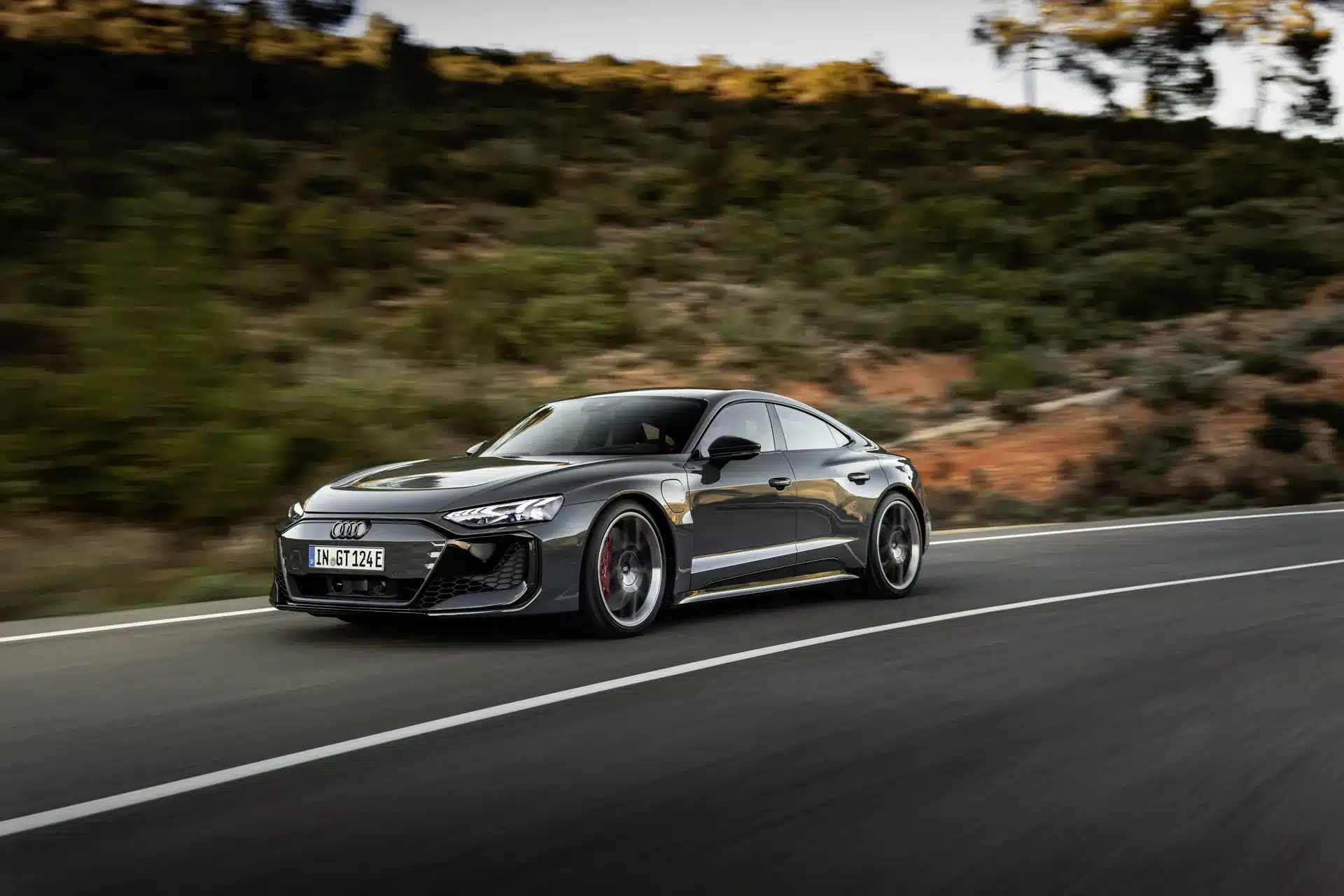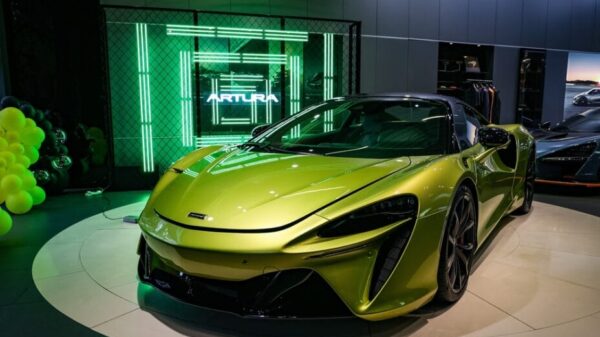I often find myself reflecting on a mental checklist of the fastest cars I’ve driven. It’s not expansive or scientifically detailed; it’s more of an informal tally of my most exhilarating encounters on the road. For quite some time, the Bugatti Veyron comfortably occupied the top tier of this list. Then there was that unforgettable drive in the Lexus LFA—an experience so thrilling that it cemented its place. Let’s not forget the Porsche 911 Turbo S, particularly the 991 iteration, which can effortlessly put supercars in their place. And how about the Nissan GT-R Nismo? Even with its years on the market, this beast still knows how to give its contemporaries a run for their money.
Recently, however, as I’ve delved deeper into the realm of electric vehicles, this list has faced an unexpected upheaval. What I once regarded as the epitome of speed now feels both outdated and irrelevant. It’s eye-opening, to say the least.
Contrary to the stereotypes that still linger, almost all EVs deliver impressive speed. In fact, many electric models outperform their gasoline counterparts with surprising ease. Take the BMW i5 M60, for instance; it’s outshining the traditional M5 in many ways. The Ford Mustang Mach-E GT leaves countless V8 alternatives in the dust. Even my dual-motor Kia EV6, which isn’t the high-octane GT model, still outpaces every gas vehicle I’ve owned. Think about that—a car that practically anyone could drive every day, yet boasts performance that would make many classic supercars blush.
To put it bluntly, a common electric vehicle, even one as unassuming as a Volvo, can pack a punch with 400 horsepower. When the light turns green, you’ll no longer be underestimating it—it can catch you off guard.
As America seems poised to regress towards gas-powered vehicles, embracing brands that are happy to stick with the past, it feels disheartening on various fronts. Cleaner air should be a priority for everyone, but it’s more than that—we’re missing out on a thrilling technological race.
And speaking of thrill, we need to confront the fact that when it comes to speed, gas power is rapidly becoming an old story. The Audi RS E-Tron GT brilliantly exemplifies that shift. After spending a week with this car, it’s hard to grasp why anyone would still care about gas-powered performance.
Now, the E-Tron GT has often found itself overshadowed by its close sibling, the Porsche Taycan—an unfair comparison, to say the least. With its recent updates for the 2025 model year, this car deserves its own moment in the spotlight. The lineup has been streamlined, with only two models left in America: the S E-Tron GT, boasting a “mere” 670 horsepower, and the formidable RS E-Tron GT Performance you see here.
Let’s talk numbers. This beast powers up with a 105-kilowatt-hour battery, delivering an awe-inspiring 818 horsepower to all four wheels under standard conditions. Flip on the launch control and Boost Mode, and it skyrockets to 912 horsepower. That makes it the most powerful Audi to date, rivaling some of the highest-performance Taycan trims.
Such power is staggering—often comparable to supercars. But remember, this isn’t just some stripped-down racing machine; it’s a four-door vehicle with a surprisingly plush backseat (even if space is tight). Its design draws inspiration from Audi’s iconic R8 and TT sports cars, which is a nice nod to the past. However, there’s a glaring omission that needs mentioning: why hasn’t Audi given us a wagon version? A sporty Avant variant would be a missed opportunity!
For 2025, the E-Tron GT also saw several enhancements—including class-leading charging speeds of up to 320 kilowatts, allowing it to jump from 10% to 80% charge in a mere 18 minutes. The steering, the adaptive air suspension, and both the front and rear motors have all received significant upgrades.
On top of that, it delivers an impressive EPA-rated range of 278 miles, occasionally even hitting 290 on a full charge at home. That’s remarkable, especially given the level of performance it offers.
But let’s keep it real—some components haven’t evolved quite as impressively. I found myself rolling my eyes at Audi’s last-generation Multi-Media Interface (MMI) system. Thankfully, newer models like the Q6 E-Tron are already switching to the more modern Android Automotive OS. While MMI is decent, the graphics, speed, and overall user experience just don’t scream “state-of-the-art.”
That said, the front driver display is customizable, which is a nice touch. And the steering wheel paddles allow for adjusting regenerative braking, even if true one-pedal driving is still off the table.
No doubt, when you get behind the wheel of an E-Tron GT, speed is the main attraction, and you really feel the value manifest in that thrill. The RS E-Tron GT Performance merges comfort and exhilarating performance like no vehicle I’ve driven before. Seriously. It all starts with that incredibly responsive air suspension: in Comfort mode, I found myself navigating any pavement with a buttery smoothness that didn’t sacrifice any handling precision. Sure, there are firmer settings for a sportier ride, but I rarely felt the need to shift out of Comfort.
And can we talk about how this car handles? The RS E-Tron GT Performance completely redefined my understanding of what’s possible on the road. It tackles corners with an effortlessness I couldn’t have anticipated. Whether zipping along a twisty highway or flying past speed limits with ease, it felt as if this car had been engineered for tracks like the famed Ehra-Lessien.
This, my friends, is where the electric advantage truly kicks in. Thanks to torque vectoring—an advanced feature allowing for real-time power distribution to individual wheels—this car responds almost instantaneously. While gas-powered vehicles require complex mechanisms to redistribute power, electric systems can get it right in the blink of an eye.
The world of electric vehicles (EVs) is evolving at an incredible pace, and the 2025 Audi RS E-Tron GT is a prime example of how far we’ve come. The instantaneous power delivery that electric motors provide transforms driving dynamics in ways that traditional combustion engines simply cannot replicate. When you push the accelerator, it’s almost like launching a rocket. As Peter Nelson, a seasoned contributor at InsideEVs, put it, this car redefined my perception of cornering grip and G-forces. Honestly, it feels like it was engineered for another planet — a place where the laws of physics differ from our own. It’s remarkable how this vehicle seems capable of ignoring gravity altogether.
Now, let’s talk about the thrill of acceleration. For many car enthusiasts, the allure of V8, V10, or even V12 engines often lies in their sound and the emotional connection they evoke. But after experiencing the RS E-Tron GT, it’s hard to care about those big engines anymore. The acceleration sensation is astounding. When you unleash this electric beast, it doesn’t just take off; it transforms the very experience of speed. The car unleashes its full power gradually, ensuring you’re ready for the ride, and then—whoosh!—you’re launching from zero to near triple-digit speeds in what feels like the blink of an eye.
As you settle into this grand tourer, it’s easy to feel in control, akin to driving a traditional Audi sedan. But when you’re ready for an adrenaline rush, hitting the “BOOST” button triggers an exhilarating surge of power. Picture this: you’re gripped by a countdown that grants you ten seconds of 912 horsepower. Instead of a smooth acceleration, you’re thrusting into speeds that can almost outpace your thoughts, as you keep your focus firmly on the road ahead. You’ll see numbers like 74, 85, and 96 flash by faster than you can comprehend. You might find yourself running out of road, courage, or common sense long before those ten seconds are up. I often called it quits at about four seconds—trust me, you’ll want to brace yourself before you embark on this wild ride.
With a mind-blowing claim of zero to 60 mph in just 2.4 seconds—verified to 2.3 seconds in real-world tests—you might find yourself reassessing everything you thought you knew about speed. This Audi does indeed rival the legendary Bugatti Veyron, which once commanded a staggering price of $2.35 million.
However, the RS E-Tron GT doesn’t come without its price tag. With options, you’re looking at an impressive $190,690. While that might sound steep, it’s actually more affordable than many supercars that cost upwards of $300,000 while being kinder to the environment with zero tailpipe emissions and, perhaps, superior handling. As for depreciation? Well, let’s just say I’ve got my eyes set on the calendar.
Sure, some people still cling to the roar of fossil-fuel engines, but I suspect many just haven’t had the chance to experience a car like this. For me, the future of high-performance driving is unmistakably electric, and I already know my ‘dream car’ list will need an update sooner rather than later.
If you’re considering a leap into the world of EVs, the Audi RS E-Tron GT is a thrilling place to start. You might discover that your views on performance and speed shift, along with your excitement for the future of driving.
Image Source: Gabriel Nica / Shutterstock






